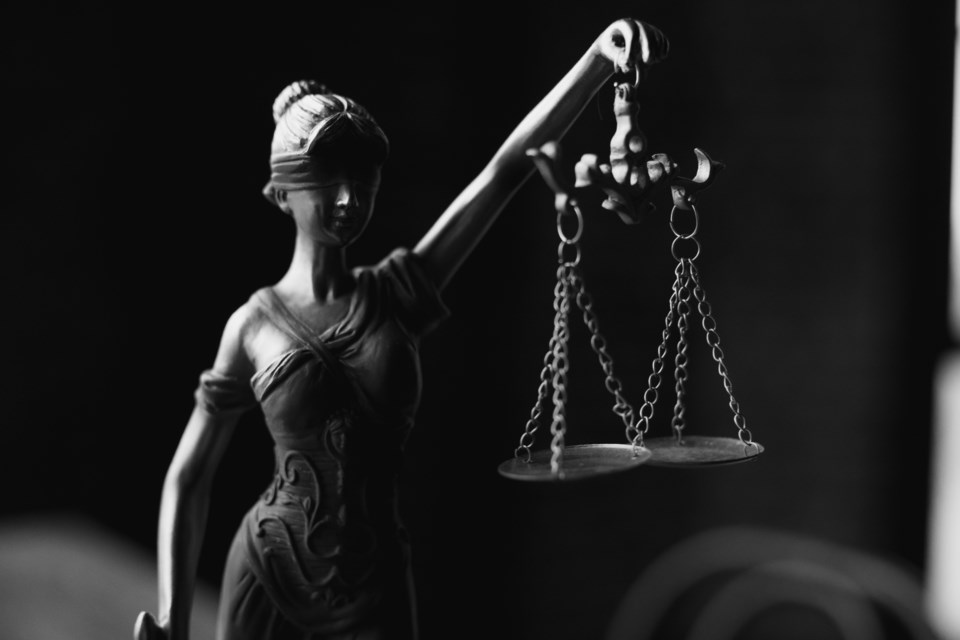BarrieToday welcomes letters to the editor at [email protected]. Please include your daytime phone number and address (for verification of authorship, not publication). The following letter is in response to a story titled 'Liberals table bill responding to Supreme Court decision on 'extreme intoxication',' published June 17.|
*************************
It is unfortunate that the Supreme Court ruling and the Trudeau government never seem to fully address the problem posed by extreme intoxication itself. We often invoke the Charter rights when we shouldn't, i.e. when we discuss the accused's rights in light of alleged criminal behaviour.
Extreme intoxication ought to be criminalized in itself because it represents a marked departure from socially acceptable behaviour. Intoxication clouds our judgment and often leads to the kind of conduct that harms people or damages property. To say that a man is not guilty of sexual assault after he harms a woman because he was inebriated is a socially and morally defective judgment.
Constitutional rights ought not to be invoked if we determine that extreme intoxication is similar to extreme mental illness or insanity. Many cases demonstrate that an intoxicated individual was committed to a mental health facility because he acted in a egregious and evil manner while intoxicated. A recent case out of Midland proves, or could prove, this point.
Mental health experts will argue that the reason a person is committed to a mental health facility is because they behaved in a way contrary to acceptable behaviour. In such situations, the not guilty by reason of insanity defence is sometimes invoked. But incarceration in a mental centre is still incarceration, as is, arguably, the use of medication to control the patient.
In other words, madness or drunkenness notwithstanding, the body must be punished for its crimes even if the mind cannot understand its actions or the consequences.
A second flaw arises when we try to frame legalized narcotics as a socially acceptable behaviour. Some will argue there is no correlation between drug use and extreme violence. But even the internet is littered with examples of drugs used to control people's minds or the consequences of using 'angel dust' or the examples of 'roid rage' caused by steroid use.
A society concerned about the use of extreme intoxication as a legal defence cannot, in good conscience, legalize the use of any narcotics. Too often an accused will use this as 'the devil made me do it defence.'
The proposed use of a criminal negligence argument is also problematic as it does not take into account the level of evil an accused may demonstrate. Criminal negligence is worse than common negligence, yes, but some acts of barbarity and devilry exist on a level even more heinous and spiteful than criminal disregard for the lives and safety of others.
Christopher Mansour
Barrie
*************************



